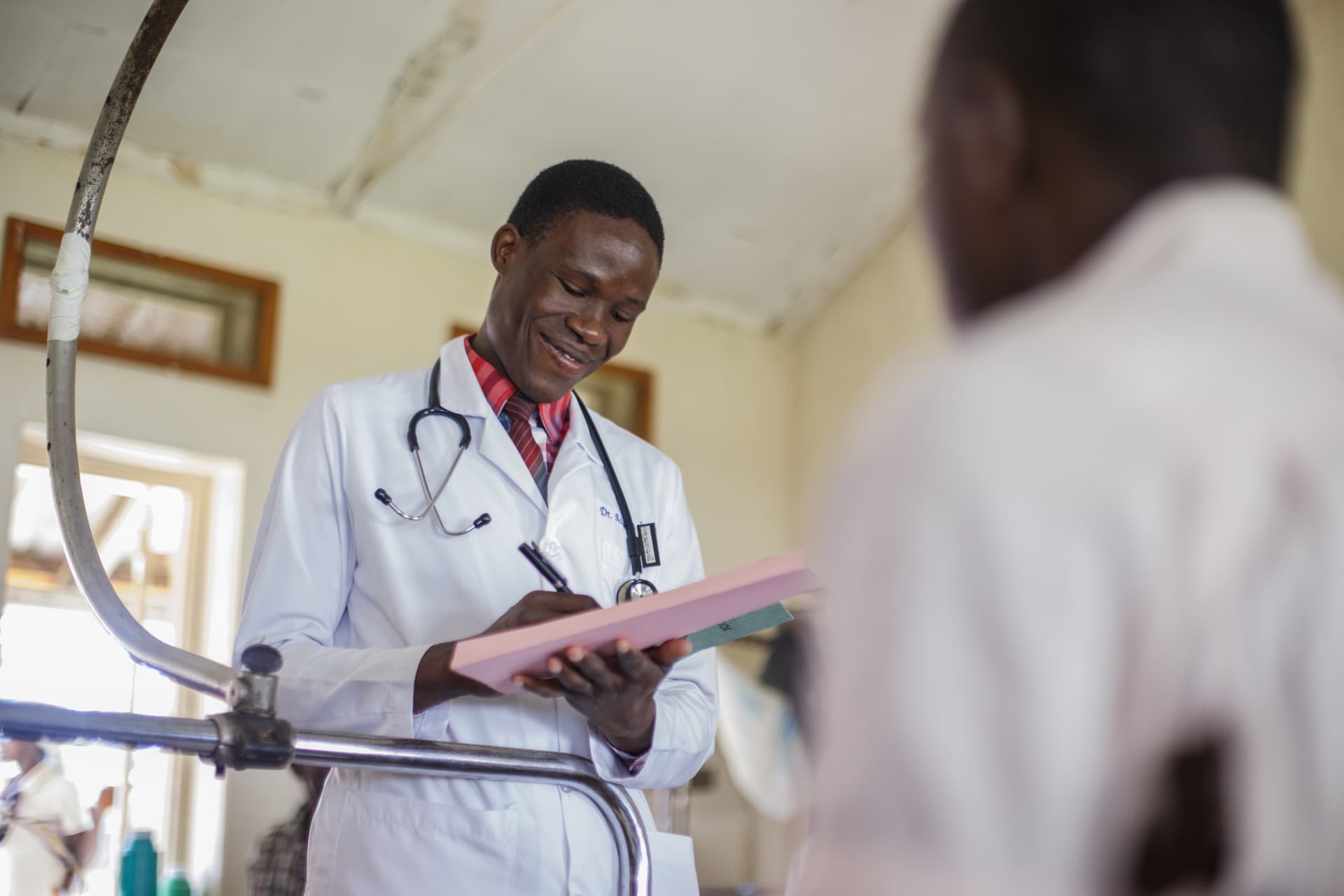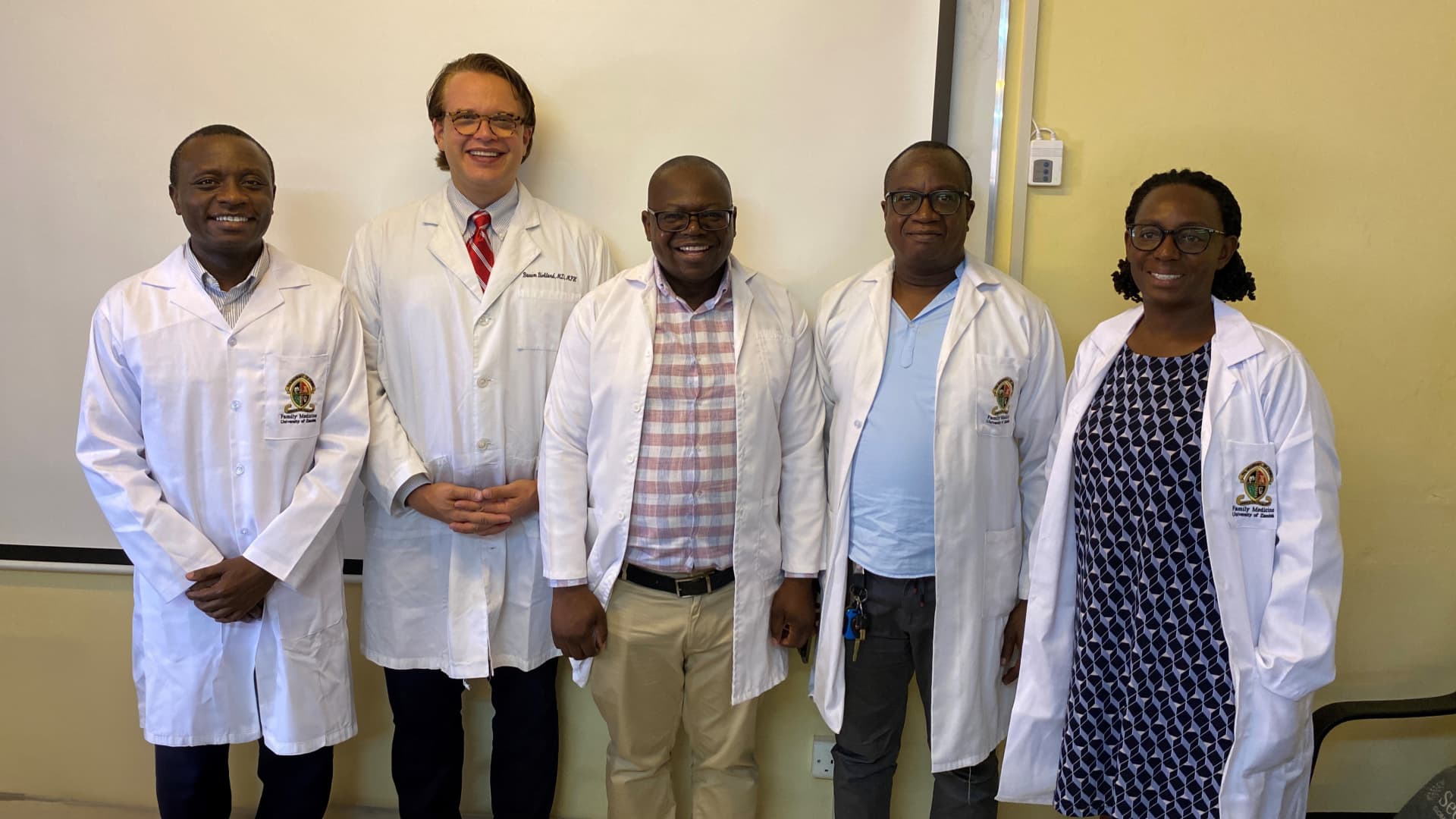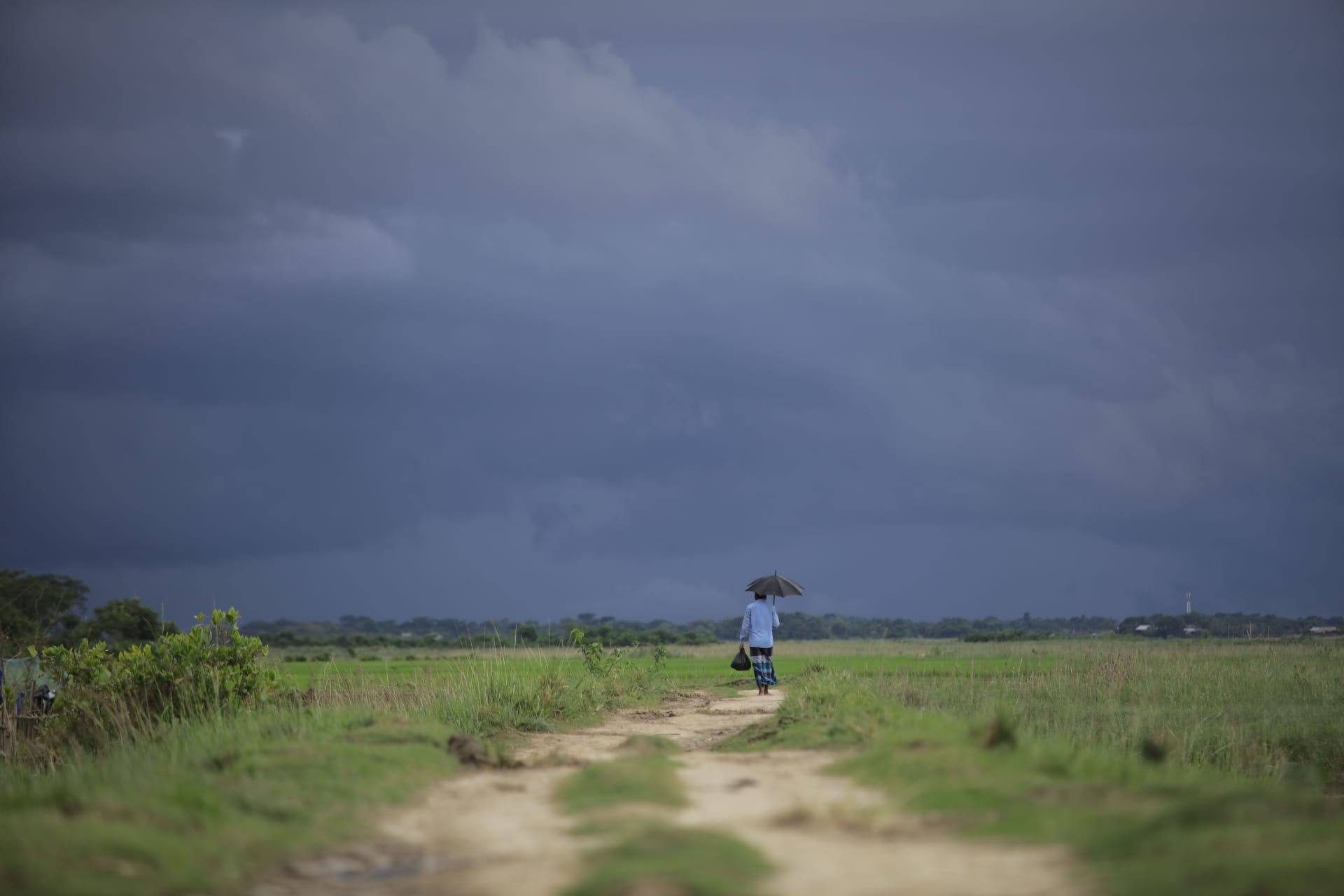Innovating to address neglected tropical diseases (NTDs) | Takeda Stories

Innovating to address neglected tropical diseases (NTDs)
“I remember having scabies when I was a child. It was very itchy. We would scratch the sores, and our arms and legs became swollen. It was very hard to sleep or pay attention in school.”
This vivid memory shared by a local elder from Vanuatu, an island nation in the South Pacific, underscores the pervasive impact of neglected tropical diseases (NTDs) like scabies, yaws and lymphatic filariasis on the lives of children and their communities.
NTDs are a diverse group of conditions caused by a variety of pathogens, including viruses, bacteria, parasites, fungi and toxins. But they are more than just health issues; they are potent drivers of the poverty cycle. These diseases often go untreated, leading to chronic pain, disability and social stigma. Children miss school, adults miss work and entire communities are held back from reaching their full potential.
The World Health Organization (WHO) estimates that NTDs affect more than 1 billion people around the world, while the total number of people requiring preventive or curative NTD interventions is closer to 1.6 billion.
In 2020, Takeda partnered with Bridges to Development to support the launch of the PINE (Pacific Integrated NTD Elimination) project as part of our Global CSR Program. This initiative, undertaken in collaboration with the WHO, the Kirby Institute and national health authorities, set out to tackle NTDs in some of the most remote and underserved areas of Vanuatu and another South Pacific nation, Papua New Guinea.
Dr. Julie Jacobson, managing partner at Bridges to Development, describes the project’s approach as an important innovation that overcomes local health infrastructure and accessibility challenges through a combination of carefully evaluating mass drug administration benefits and risks, community outreach and capacity building for health workers.
“The PINE project is designed to address multiple neglected tropical diseases simultaneously by integrating several interventions into a single, cohesive effort,” she says. “This allows us to screen for and appropriately treat diseases like scabies, yaws and lymphatic filariasis all at once, ensuring that we maximize our impact and strengthen the overall health system in these remote communities.”
Over the past four years, over 410,000 people have received treatment through careful mass antiparasitic drug administrations that target whole communities, disrupting the transmission cycle. At the same time, local health workers, empowered with new digital tools, training and a peer support network, are now better equipped to diagnose and treat these diseases, ensuring the benefits of the program are sustainable.
George Taleo, a project member who has dedicated over 20 years to public health in Vanuatu, believes the outcomes have been transformative.
“Before the PINE project, children with skin diseases often missed school and parents would lose entire days traveling to health facilities,” he says. “Now, after the drug administrations, we see healthier families and communities.”
Julie echoes those sentiments, adding that the integrated nature of the project is creating a virtuous cycle where community interventions inform and strengthen the health system, which in turn better serves the community.
“The nurses told me they now have so much more time because they aren’t seeing as many instances of skin diseases as before, which allows them to take care of other things like catching up on maternal child health,” she says. “This has given them more time in their day to do their jobs, which is a huge gift to the community.”
Our work with Bridges to Development is one of 34 long-term philanthropic partnerships we’ve been part of since 2016. Takeda’s Chief Global Corporate Affairs and Sustainability Officer Takako Ohyabu reflects, “Our support for programs like the PINE project speaks to the values that have guided Takeda for more than 240 years, putting patients first and focusing on positively impacting society. By partnering with local communities and harnessing innovative solutions, we’re helping to make a lasting difference in the fight against NTDs.”
When discussing the PINE project’s legacy, Julie highlights its potential to serve as a model for integrated, community-focused health care that can be replicated in other regions to sustainably tackle NTDs. George sees the project as a testament to what can be achieved when communities, health workers and global partners come together to address some of the world’s most neglected health challenges.
“I’ve seen people who were suffering from skin diseases be healed because they received the treatment and the medicines they need,” he says. “It’s a very noble outcome.”
Neglected tropical diseases addressed through our partnership with Bridges to Development
Scabies is a skin disease caused by infestation of the skin with a microscopic mite characterized by itch and a skin eruption. Scabies can lead to bacterial skin infections, which can develop into abscesses, sepsis and severe infections which can lead to long term impacts like rheumatic heart disease. Scabies also affects quality of life, as the itching and rashes can lead to poor sleep, social stigma and missed days at school or work.1
Yaws is a chronic bacterial skin infection characterized by papillomas (noncancerous lumps) and ulcers. Yaws primarily affects children aged under 15 years who live in poor communities in warm, humid and tropical forested areas of Africa, Asia, Latin America and the Pacific islands. It is a disfiguring and debilitating infectious disease that affects skin, bone and cartilage.2
Lymphatic filariasis, commonly known as elephantiasis, is a painful and profoundly disfiguring disease. It is caused by infection with parasites classified as nematodes (roundworms) that are transmitted through the bites of infected mosquitos. While the infection may be acquired during childhood its visible manifestations such as swollen limbs may occur later in life, causing temporary or permanent disability. In endemic countries, lymphatic filariasis has a major social and economic impact.3
- World Health Organization, Scabies. https://www.who.int/health-topics/scabies
- World Health Organization, Yaws. https://www.who.int/health-topics/yaws, https://www.who.int/news-room/fact-sheets/detail/yaws
- World Health Organization, Lymphatic filariasis (Elephantiasis). https://www.who.int/health-topics/lymphatic-filariasis
Share this story



